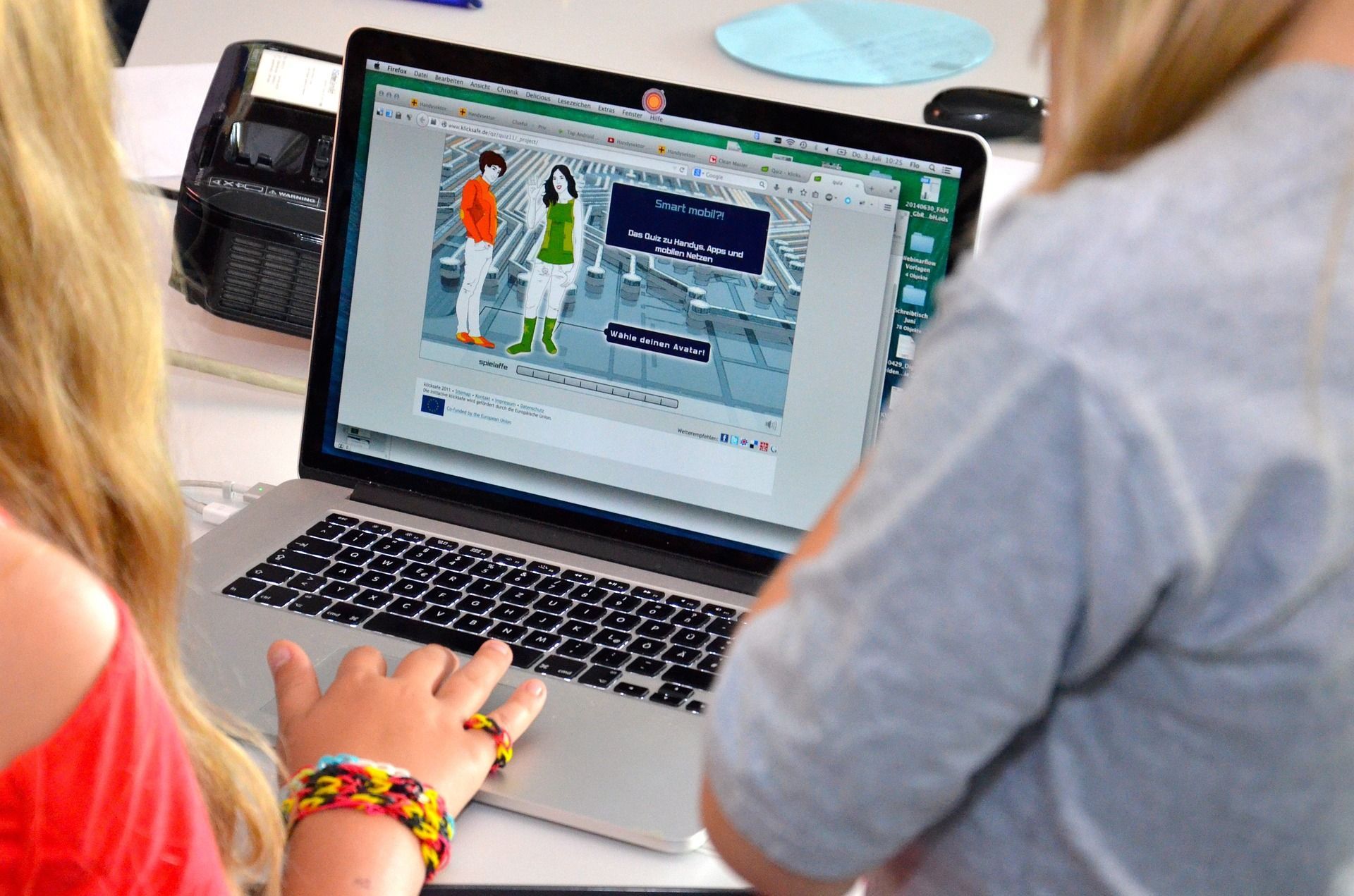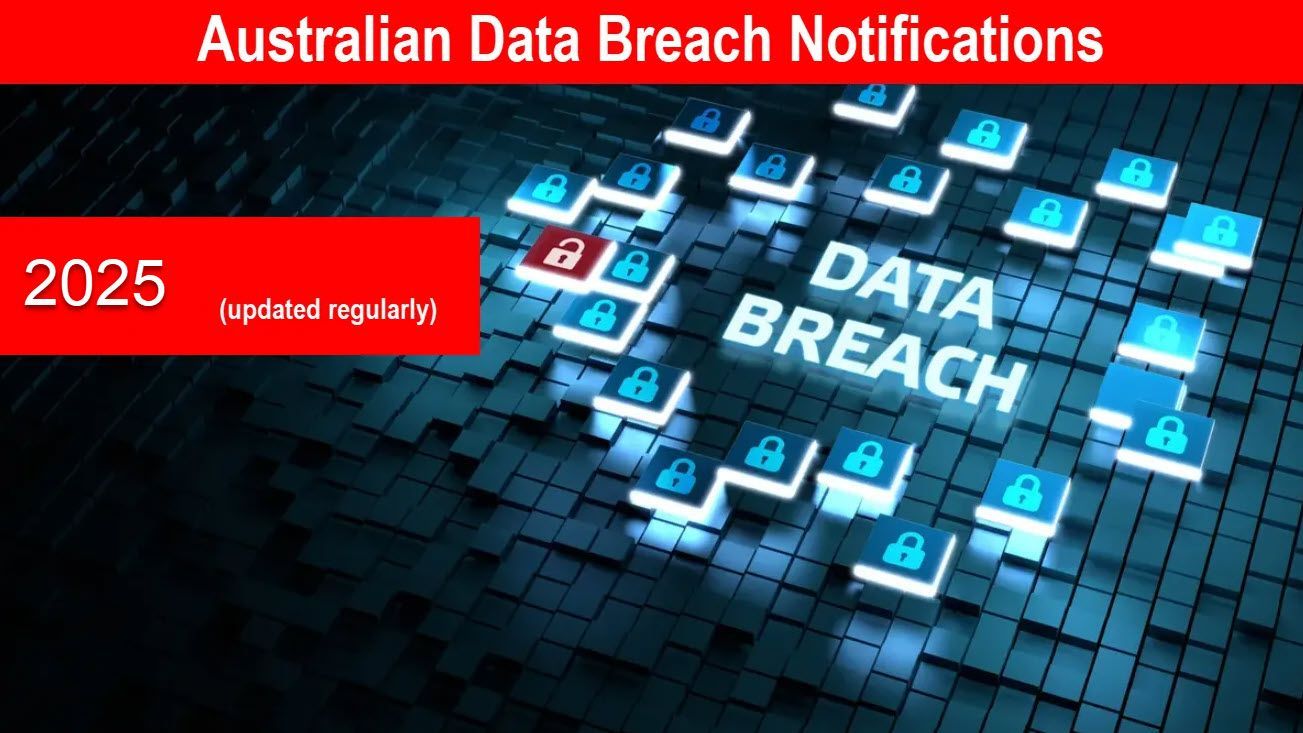What Is Cyber Literacy and Why Is It Important?

The word “cyber literacy” refers to the ability to understand and use information and communication technologies (ICT). It involves having the skills to protect your privacy and the knowledge to use digital platforms effectively, safely, and ethically.
You might think that people who are already familiar with cyber trends such as data breaches and other identity thefts would be interested in optimising their digital security — studies show differently.
A study conducted by Microsoft in 2020 revealed that only 11% of the organisation’s accounts had multi-factor authentication (MFA) enabled.
On the other hand, only 55% of digital consumers use biometric tools to lock their mobile phones and laptops.
Due to these reasons, cybercrimes are increasing rapidly.
Hence, it becomes crucial to know about cyber literacy. In this article, we are going to discuss some important cyber literacy skills and the areas where you can implement them.
Let’s get started.
Important Cyber Literacy Skills
To protect ourselves in the digital world, it becomes essential to have at least a basic understanding of cyber literacy.
Let’s start with:
1. Information Literacy

Information literacy is the ability to locate, evaluate, and utilise information effectively and ethically. It primarily involves the decision-making skill of when the information is needed, how to get it, and how to use it while solving a problem.
In order to master information literacy, a person must have computer technology skills, research skills, communication skills, and critical thinking.
Information literacy makes you critically access factors like authorship, publication date, and supporting evidence, which authenticates any information.
2. Media Literacy

Media literacy is the ability to analyse a wide range of media forms, including images, videos, and online articles. It’s about how media messages are created, distributed, and consumed.
Today, misinformation and disinformation affect a lot of people. Media literacy allows you to analyse visual content, recognise potential biases, and assess the credibility of digital media.
It gives you the tools to question, challenge, and engage with media, creating a more informed and acknowledged community.
4. Cybersecurity Awareness

Cybersecurity awareness is the understanding of the threats and vulnerabilities that individuals and organisations face online. It includes being aware of common cyber threats, such as malware, phishing, and identity theft.
To protect yourself from these threats you need to implement best cybersecurity practices like regularly updating the security software, using strong password policies, and being cautious while clicking on unsolicited links.
Understanding the signs of cyber-attacks and knowing how to deal with them allows you to respond promptly and effectively.
5. Cyber Ethics
Cyber ethics covers a variety of ethical considerations vital to our interaction with people online. It’s about things like digital rights, freedom of expression, and equitable access to online resources.
Additionally, cyber ethics encourages us to use information and technology honestly. It stresses the importance of being truthful, clear, and responsible in our online activities.
6. Digital Rights Advocacy

Digital rights advocacy involves actively promoting and defending basic digital rights in cyberspace.
If you are engaged in digital rights advocacy, you need to understand the legal actions and policies surrounding these rights.
This effort is important to ensure that:
- People can freely access and utilize the internet without any restrictions.
- Their data and privacy are protected.
- They can express themselves freely in the digital world.
Through education and active engagement with policymakers and stakeholders, digital rights advocates create an environment where these rights are protected, respected, and supported by all users.
7. Cyberbullying Awareness

With digital advancement, cyberbullying has become a significant problem.
Its impact extends far beyond physical bullying, leaving emotional distress, anxiety, and in extreme cases, even leading to thoughts of suicide.
To tackle this issue, it is vital to focus on its prevention and response.
Start by documenting the harassment and gathering evidence. Seek support from trusted individuals who offer guidance and comfort. Taking immediate actions, such as blocking or reporting the cyberbullies is essential to stop them.
By using these strategies, you can create a safer digital space around yourself.
8. Critical Thinking and Problem-Solving Skills
Critical thinking involves the ability to analyse, evaluate, and combine information effectively. It relates to information literacy and enables you to understand complex digital data, thus facilitating your decision-making.
Problem-solving skills allow you to deal with technical problems.
Together both of these forms the basis of cyber literacy, allowing you to deal with digital technology efficiently.
Where Can We Implement Cyber Literacy?
As technology continues to infiltrate every aspect of our lives, the need for cyber literacy also increases. To provide maximum benefits of cyber literacy to society, we must implement it in various channels, like:
Educational Institutions
Adding cyber literacy to school curriculums will allow students to deal with the complexities of cyberspace. By acquiring knowledge about cyber literacy, students will not only learn how to utilise digital technologies for studying but also learn how to protect themselves and their personal information online.
They would become familiar with concepts such as privacy settings, safe browsing, and recognising and avoiding online threats like phishing scams and cyberbullying. These skills are not only relevant for the student’s academic success but also for their professional lives ahead.
Community Centers and Libraries

Providing cyber literacy workshops at community centers and libraries ensures that everyone, regardless of their socioeconomic status, has access to basic digital skills and cyber knowledge.
Through these locations, people who may not have access to formal education or training programs elsewhere would still be able to acquire these much-needed skills.
Online Platforms and Social Media

Online platforms, such as social media, significantly shape our online experience. Therefore, these platforms bear a responsibility to prioritise user safety and privacy.
One effective way to fulfil this responsibility is by adding cyber literacy elements directly into their user interfaces or by offering educational materials within their platforms. This could be any form of article or tutorial that provides users with valuable information about digital safety and privacy.
Considering these suggestions, we can take an informative step towards the digital space.
That would be all for today.
Remarks
With the abundant use of information and technology, it becomes essential to deal with cyberspace safely and ethically. Cyber literacy emerges as a necessary skill to learn in our sophisticated digital environment.
Through understanding different types of cyber literacy, you can effectively protect yourself, and your data, and contribute to a more informed and secure online community.
To ensure widespread cyber literacy, it must be implemented in educational institutions, libraries, and social media platforms. That way, everyone can access the knowledge necessary to survive in the digital world.
I hope you liked today’s letter…
See you in the next one,
Peace!









